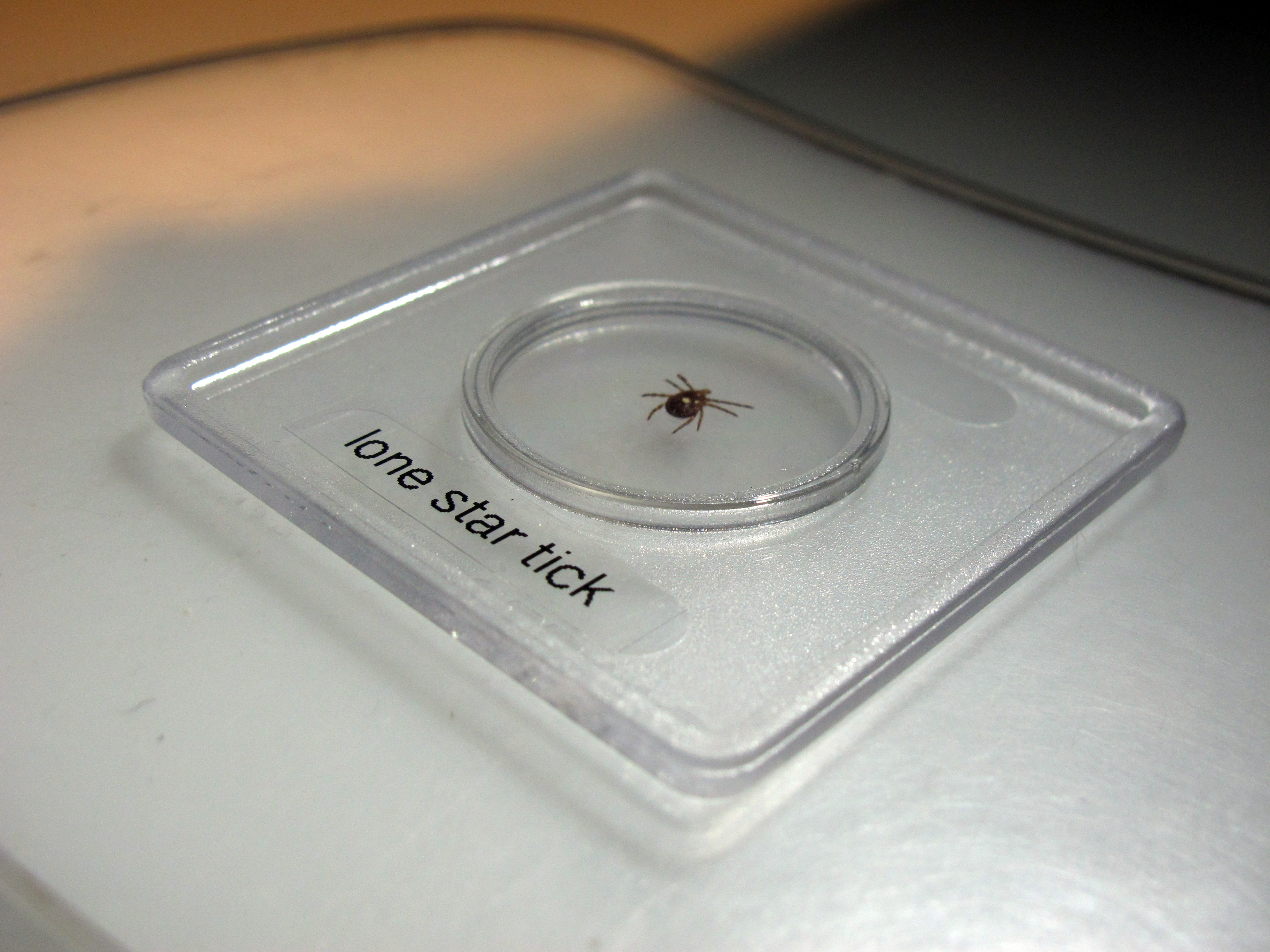Red meat allergies caused by Lone Star tick on the rise


A free daily email with the biggest news stories of the day – and the best features from TheWeek.com
You are now subscribed
Your newsletter sign-up was successful
Doctors say more and more people are reporting that after being bitten by a Lone Star tick, they became allergic to red meat.
Ten years ago, there were just a few dozen known cases of the allergy, but "the range of the tick is expanding," Dr. Scott Commins told NPR, and he's "confident" there are now more than 5,000 cases in the U.S. Humans make a natural immune response to the alpha-gal sugar that animals produce in their bodies, and doctors are not sure what the Lone Star bite does to causes an alpha-gal allergy. "Whatever the tick is doing, it seems that it's a very potent awakener for our immune system to produce antibodies," Commins said. "And in this case, it's antibodies to this very particular sugar in red meat."
Lone Star ticks have been found in the Southeast, as well as New York, Minnesota, and Maine, and doctors say people who spend a lot of time outdoors need to protect themselves from the ticks. Once a person is diagnosed with an alpha-gal allergy, they are told to stop eating beef, lamb, and pork, and many who develop the allergy say they also have new issues with dairy. Laura Stirling, 51, told NPR that after being bitten by a tick, she ate pork sausage, and about six hours later she was covered in hives, had a stomachache, and felt lightheaded. She now has to avoid all meat and dairy. Commins said it is possible for people to get over the allergy, but "we need people to avoid additional tick bites for the allergic response to wane."
The Week
Escape your echo chamber. Get the facts behind the news, plus analysis from multiple perspectives.

Sign up for The Week's Free Newsletters
From our morning news briefing to a weekly Good News Newsletter, get the best of The Week delivered directly to your inbox.
From our morning news briefing to a weekly Good News Newsletter, get the best of The Week delivered directly to your inbox.
A free daily email with the biggest news stories of the day – and the best features from TheWeek.com
Catherine Garcia has worked as a senior writer at The Week since 2014. Her writing and reporting have appeared in Entertainment Weekly, The New York Times, Wirecutter, NBC News and "The Book of Jezebel," among others. She's a graduate of the University of Redlands and the Columbia University Graduate School of Journalism.
-
 5 calamitous cartoons about the Washington Post layoffs
5 calamitous cartoons about the Washington Post layoffsCartoons Artists take on a new chapter in journalism, democracy in darkness, and more
-
 Political cartoons for February 14
Political cartoons for February 14Cartoons Saturday's political cartoons include a Valentine's grift, Hillary on the hook, and more
-
 Tourangelle-style pork with prunes recipe
Tourangelle-style pork with prunes recipeThe Week Recommends This traditional, rustic dish is a French classic
-
 Nobody seems surprised Wagner's Prigozhin died under suspicious circumstances
Nobody seems surprised Wagner's Prigozhin died under suspicious circumstancesSpeed Read
-
 Western mountain climbers allegedly left Pakistani porter to die on K2
Western mountain climbers allegedly left Pakistani porter to die on K2Speed Read
-
 'Circular saw blades' divide controversial Rio Grande buoys installed by Texas governor
'Circular saw blades' divide controversial Rio Grande buoys installed by Texas governorSpeed Read
-
 Los Angeles city workers stage 1-day walkout over labor conditions
Los Angeles city workers stage 1-day walkout over labor conditionsSpeed Read
-
 Mega Millions jackpot climbs to an estimated $1.55 billion
Mega Millions jackpot climbs to an estimated $1.55 billionSpeed Read
-
 Bangladesh dealing with worst dengue fever outbreak on record
Bangladesh dealing with worst dengue fever outbreak on recordSpeed Read
-
 Glacial outburst flooding in Juneau destroys homes
Glacial outburst flooding in Juneau destroys homesSpeed Read
-
 Scotland seeking 'monster hunters' to search for fabled Loch Ness creature
Scotland seeking 'monster hunters' to search for fabled Loch Ness creatureSpeed Read
